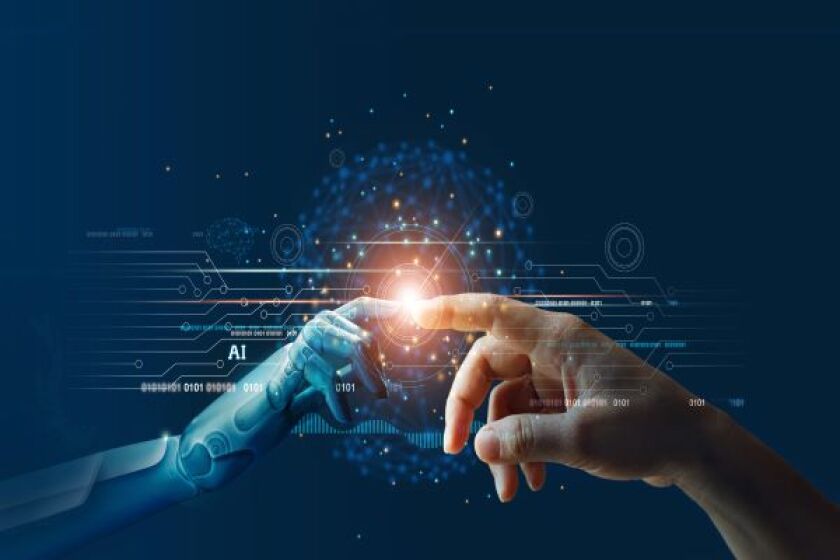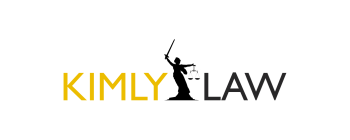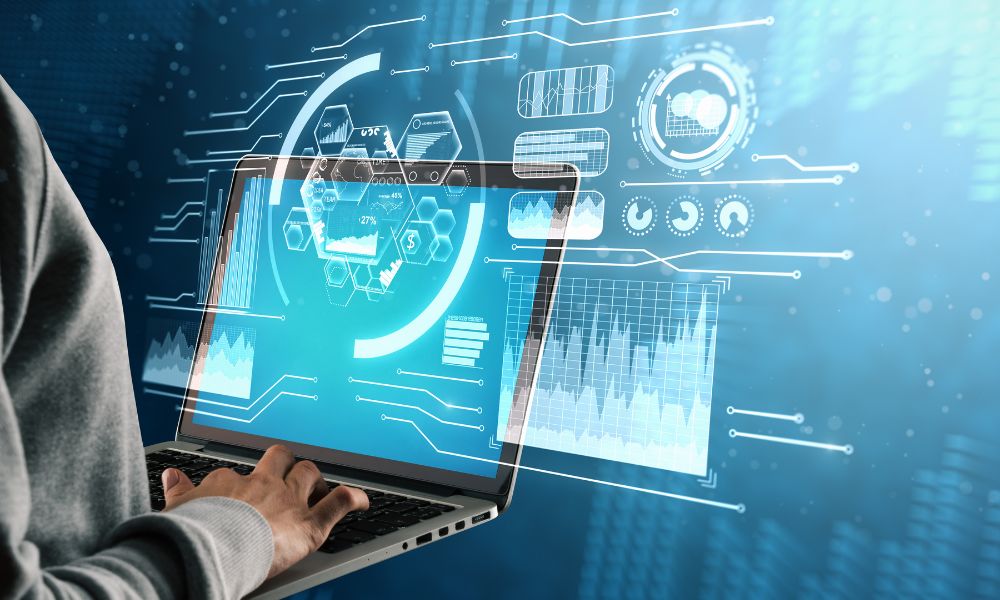With the advancement of technology, artificial intelligence (AI) has become a significant player in various industries. It has brought about numerous changes, including how we create, distribute, and consume content. As a result, AI has had a considerable impact on copyright law.
What is Copyright Law?

Copyright law is a set of rules that protect the creators of original works. These works can include literary, artistic, musical, and other forms of creative expression. The law provides exclusive rights to the creators, allowing them to control how their works are used. This control ensures that they receive recognition and financial compensation for their creations.
How does AI Impact Copyright Law?

AI has brought about various changes that have posed challenges to copyright law. Here are some of the ways that AI has impacted copyright law:
- AI-Generated Content – AI can now generate original content such as music, art, and even news articles. The question of who owns the rights to this content arises. Is it the creator of the AI, the user of the AI, or the AI itself?
- AI-Assisted Content Creation – AI can assist creators in developing content. The question of whether AI-assisted content creation constitutes original work arises. If so, who owns the copyright?
- AI-Produced Content Infringement – AI can be programmed to create content that infringes on copyright laws. The question of who is responsible for the infringement arises. Is it the creator of the AI or the user of the AI?
How can Copyright Law Adapt to AI?
As AI continues to evolve, copyright law must adapt to keep up with the changes. Here are some ways that copyright law can adjust to AI:
- Clarify Ownership of AI-Generated Content – Copyright law needs to clarify who owns the rights to AI-generated content. The law should provide clear guidelines on ownership, ensuring that creators and users of AI understand their rights and responsibilities.
- Address AI-Assisted Content Creation – Copyright law needs to address AI-assisted content creation. The law should provide guidance on how to determine whether AI-assisted content constitutes original work and who owns the copyright.
- Hold AI Creators Responsible for Infringement – Copyright law should hold AI creators responsible for content that infringes on copyright laws. This responsibility will ensure that AI creators develop responsible and ethical AI technology.
AI has brought about numerous changes, including in copyright law. As AI continues to evolve, it will continue to pose challenges to copyright law. However, by adapting to these changes, copyright law can ensure that creators and users of AI technology understand their rights and responsibilities.

